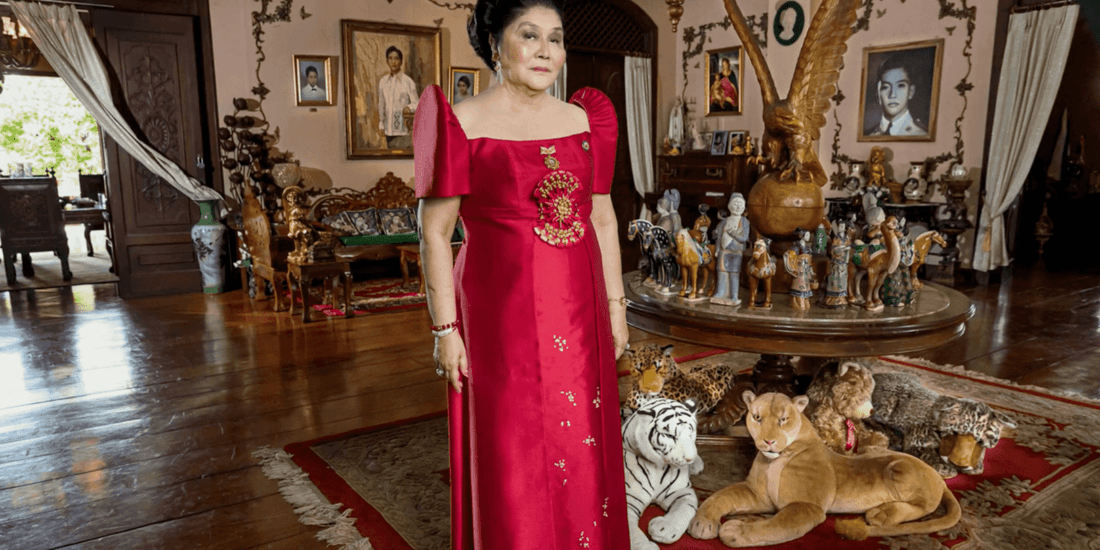Enforcing evil
“Shut up.”
This was Davao City Mayor Rodrigo Duterte’s reply to Commission on Human Rights (CHR) Chief Loretta Ann Rosales, who criticized him for freely announcing his intention to kill rice smugglers in his city, saying that he was being “unethical” and “unbecoming of a public official.” Duterte merely clarified that he is willing to be thrown into jail for killing the smugglers in order to protect the interest of local farmers.
While this is not the first time that Duterte has declared bold threats against criminals, his sentiments still caused a stir in the public’s eye, particularly on human rights groups, whose far-fetched ideals are tested by his unapologetic behavior. Perhaps the more controversial issue surrounding his term of office lies on his revelation that Davao City turned from a constant rebel warzone into one of the world’s safest city through criminal execution. Duterte oddly shared this disturbing secret during a speech attended by over 200 delegates at the first national convention of the Workplace Advocates on Safety in the Philippines on May 15. He believes the Western culture has swayed us into false thinking that the concept of human rights also applies to criminals. Duterte said: “When you start to be soft in this country and allow Western thoughts to sip in, that’s when you start to have a problem. They (Western governments) want to rehabilitate instead of just killing the idiots (criminals).”
Despite numerous cases filed by the CHR against Duterte for tolerating extrajudicial punishment and repeated accusations of allowing the infamous Davao Death Squad commit alleged summary criminal executions; Duterte continues to promote the execution of criminal suspects as an effective crime-fighting strategy. The peace and order in Davao City has certainly proved his methods to be successful, although other public officials say he achieved development at a grim price by acting as the judge, jury, and possibly, the executioner.
Phil Zabriskie, the writer who dubbed Duterte as “The Punisher” in Time Magazine, stated that copycat vigilante killings have cropped up in different cities in Mindanao as voters crave for the Duterte-type of security. Criticisms from local Muslim leaders, the Catholic Church, and democratic groups have been muted, and everyone in Davao seems contented though a little scared. Only child welfare and human rights bodies have complained about too many deaths.
Whether Duterte’s ways are right or not, he has exposed an ugly truth about the kind of society we have today in the Philippines—discipline is practiced and held only at gunpoint. Murderers, rapists, and thieves, who are emboldened by our weak judicial system, consider themselves beyond the jurisdiction of lawmakers and enforcers so they become accustomed in repeating their offenses.
According to the Philippine Statistics Authority, the court-case disposition rate (ratio of total cases resolved over total cases filed in a year) has always been less than one since 2005. This indicates an increasing backlog on undecided cases across all types of court in the country. Indeed, Duterte’s temperament and beliefs would be considered unnecessary if only our government chooses to take a firm action against the growing threat of criminal activity. As the proverbial saying goes, desperate times call for desperate measures—and we are living in a desperate time.





